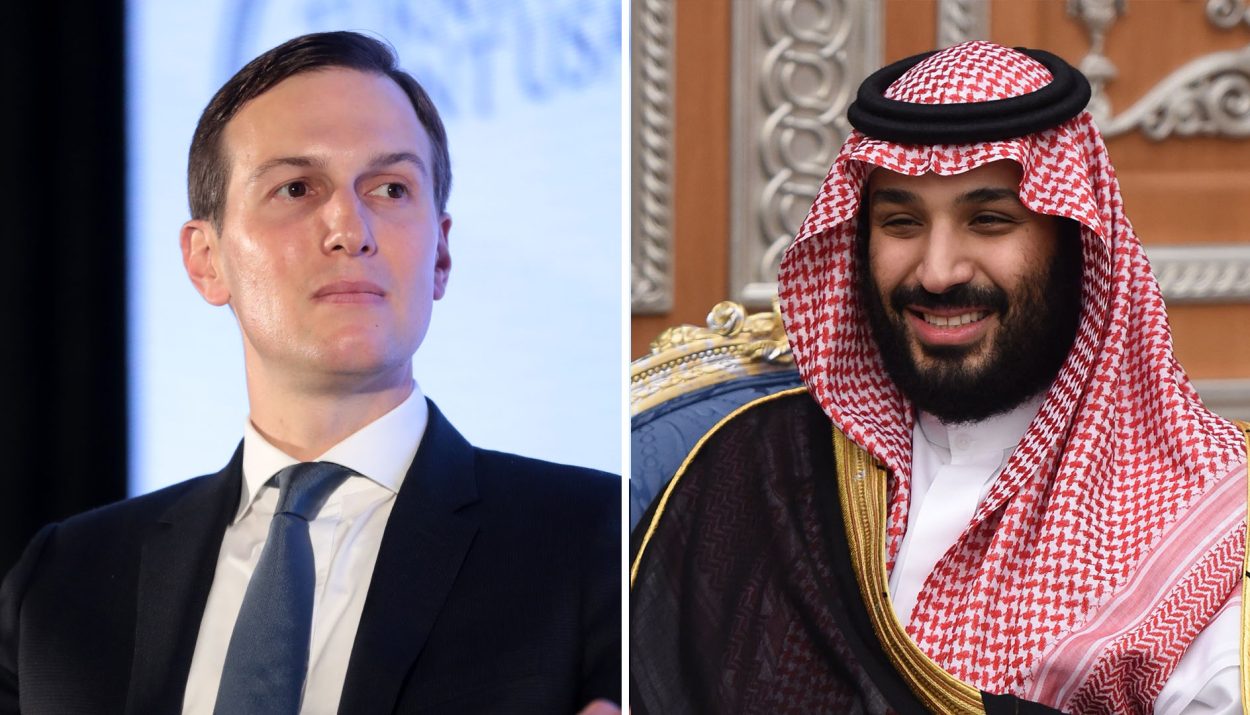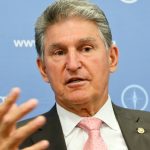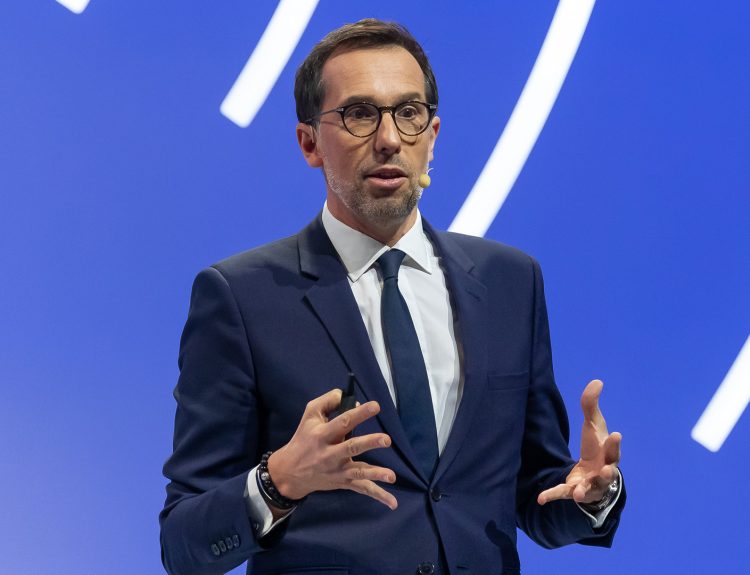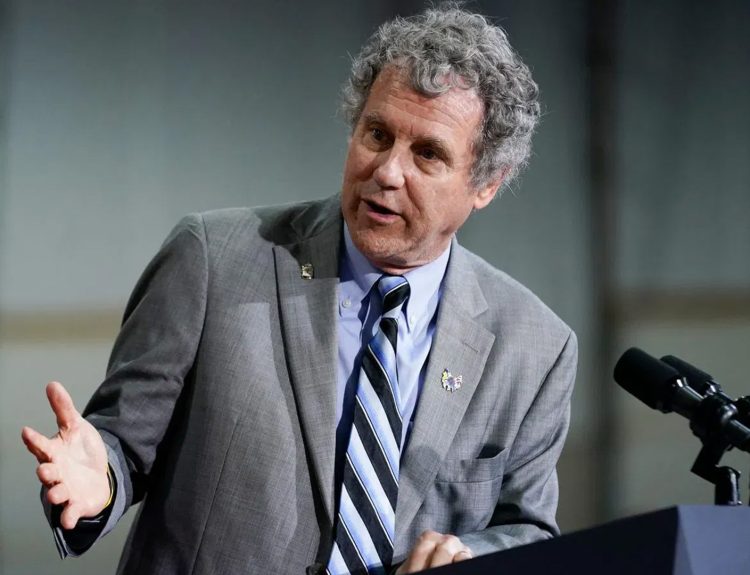Jared Kushner, son-in-law to former President Donald Trump and a top White House adviser during his administration defended his decision to accept a $2 billion investment for his private equity firm from Saudi Arabia’s Public Investment Fund this week. The deal has raised ethical concerns due to the fund’s ties to Crown Prince Mohammed bin Salman.
During an interview at the Axios BFD summit, Kushner stated he was “proud to have PIF and other leading organizations that have careful screening criteria as investors.” He dismissed questions around potential conflicts of interest in taking Saudi money so soon after leaving the White House, where he helped broker ties with the kingdom’s leadership.
Kushner’s Ties to the Saudi Crown Prince
According to undisclosed documents, the fund’s screening panel objected to the proposed investment in Kushner’s new firm, Affinity Partners, citing concerns about the firm’s “inexperience,” the possibility of the kingdom assuming “the bulk of the investment and risk,” unsatisfactory due diligence, “excessive” fees, and “public relations risks.”
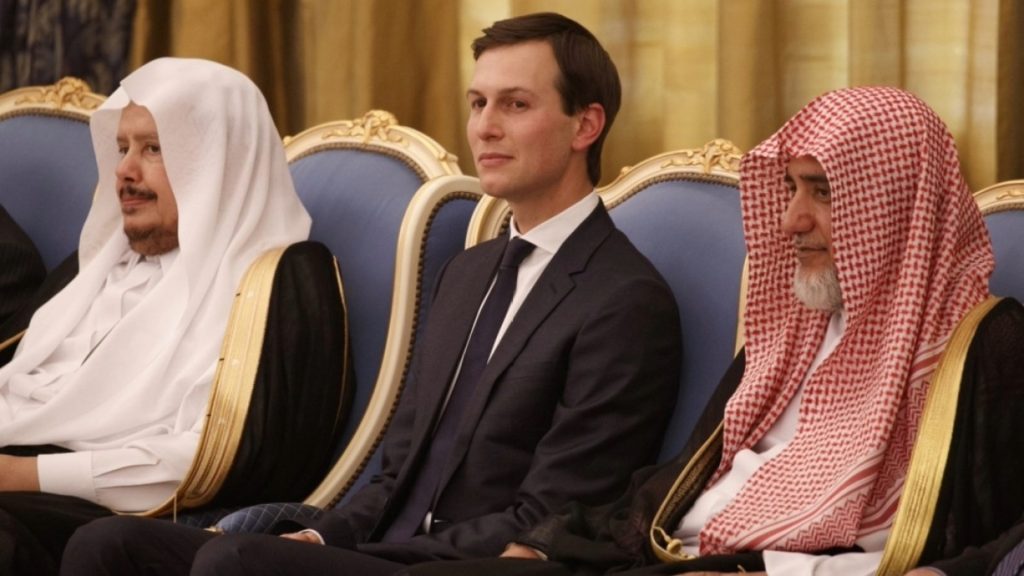
The Saudi fund agreed to invest $2 billion in Affinity Partners, double the amount and on more favorable terms than its near-simultaneous $1 billion investment in a fund started by former Treasury Secretary Steven Mnuchin.
Appearance of Payback
Government ethics experts argue such a deal creates the appearance that the investment could be payback for Kushner’s support of the crown prince while serving in the White House. Kushner played a key role in defending the crown prince after U.S. intelligence concluded he approved the 2018 murder of Jamal Khashoggi, a Saudi journalist and Virginia resident.
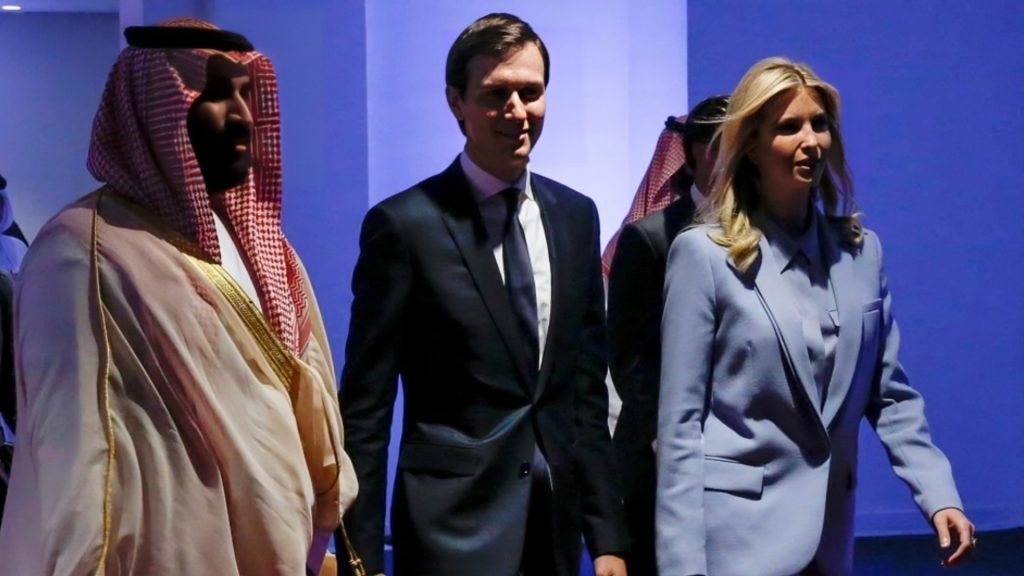
A representative for Affinity Partners said the firm is “proud to have [the Public Investment Fund] and other leading organizations that have careful screening criteria as investors.” However, the fund’s initial screening panel had substantial doubts about the wisdom of investing in Kushner’s inexperienced firm. T
Kushner Leaves White House and Starts Investment Firm
After leaving his position as a senior advisor in the Trump administration, Jared Kushner founded a private equity firm called Affinity Partners. According to reports, the firm received a $2 billion investment from Saudi Arabia’s Public Investment Fund (PIF) shortly after that.
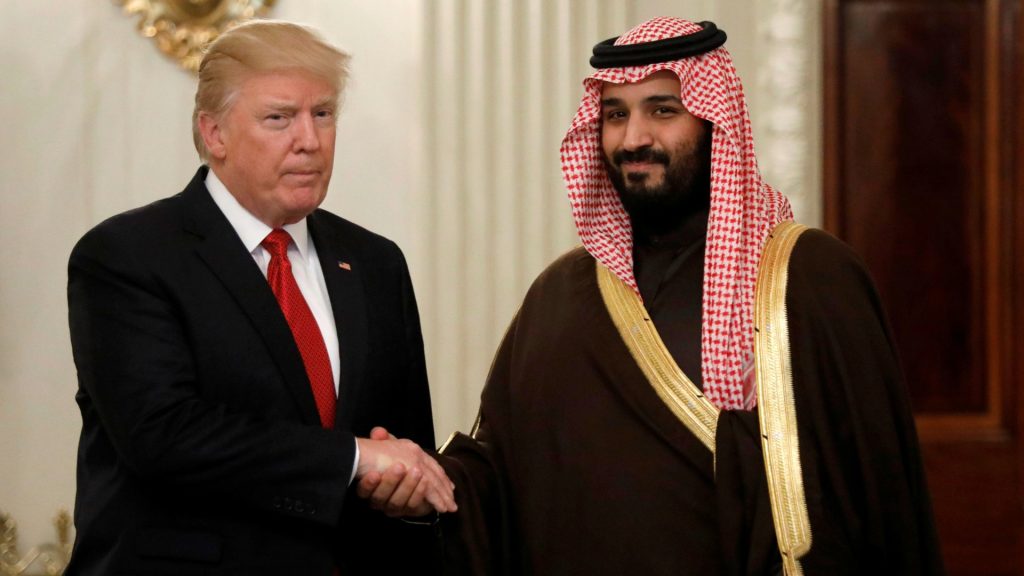
Internal documents revealed the PIF’s screening panel had objected to investing in Affinity Partners. The panel cited concerns like “the inexperience of the Affinity Fund management,” the high risk to the kingdom, an “excessive” proposed management fee, and “public relations risks” from Kushner’s ties to Trump.
Overruling the Panel
However, the PIF’s full board, led by Crown Prince Mohammed bin Salman, overruled the panel. The crown prince had benefited from Kushner’s support in the White House and now invested twice as much in Affinity Partners as in a fund run by former Treasury Secretary Steven Mnuchin, despite Mnuchin’s successful track record.
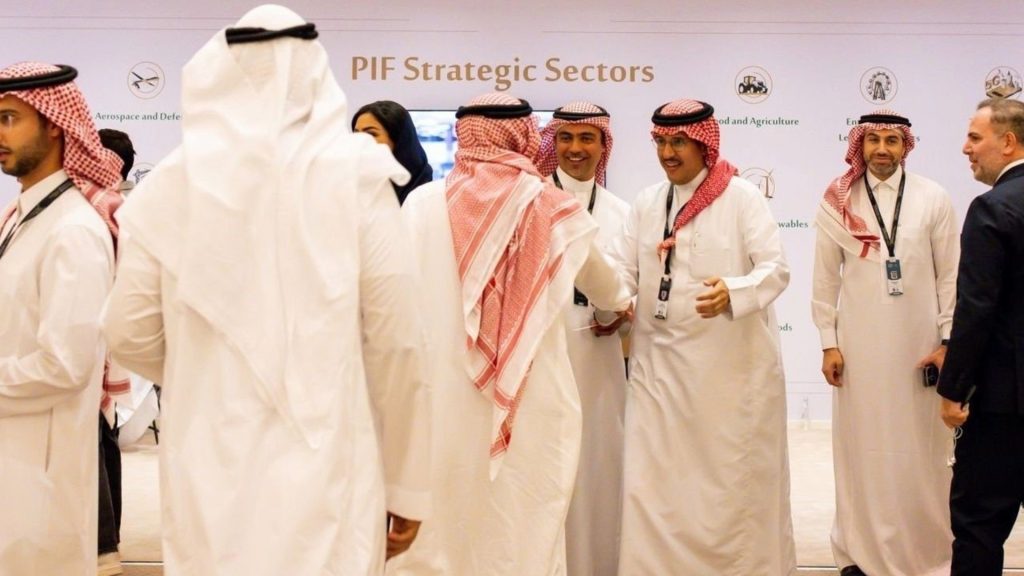
The board’s decision raises ethical questions about whether this indicates payback for Kushner’s actions in government or a bid for future favor if Trump runs again. Kushner said he has “enjoyed the opportunity” to be out of the public spotlight and focus on his private sector work.
Ethics Concerns Over Kushner Accepting Saudi Money
Mr. Kushner’s acceptance of a $2 billion investment from Saudi Arabia’s Public Investment Fund (PIF) six months after leaving his role as a senior White House advisor has raised ethical concerns. The PIF is chaired by Crown Prince Mohammed bin Salman, who had developed close ties with Mr. Kushner during his time in the White House.
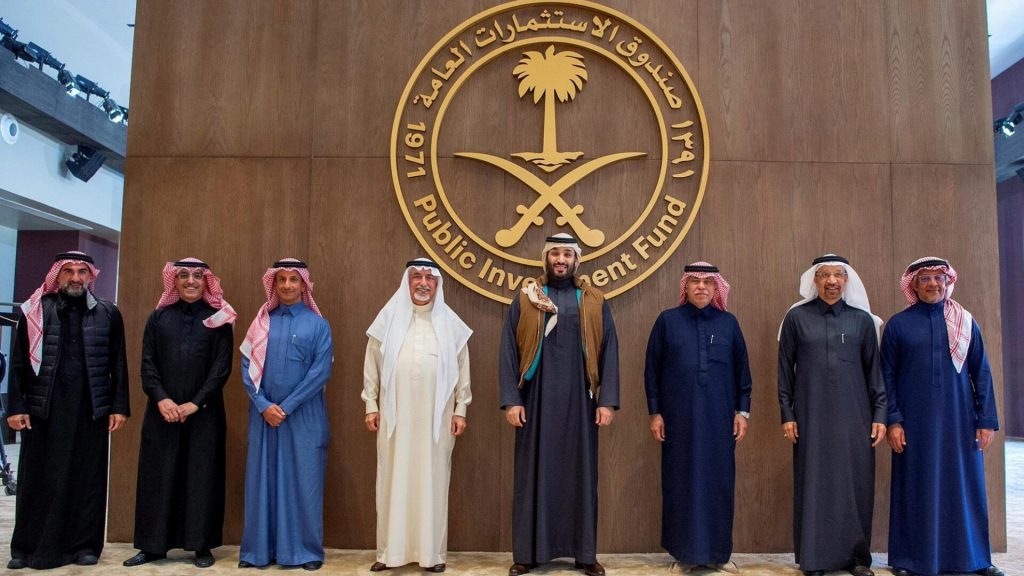
Government ethics experts argue that such a deal creates the appearance of a potential reward for Mr. Kushner’s previous support of the Crown Prince in his White House role or an attempt to gain future favor should Mr. Trump run again in 2024.
Kushner Defends Taking Saudi Investment Despite Controversy
Jared Kushner’s private equity firm, Affinity Partners, received a $2 billion investment from Saudi Arabia’s sovereign wealth fund six months after Kushner left his role as a senior adviser to former President Donald Trump.

The Saudi Public Investment Fund’s decision to invest in Affinity Partners came despite objections from the fund’s screening panel, which cited “inexperience of the Affinity Fund management,” the possibility of the Saudis assuming “the bulk of the investment and risk,” an “unsatisfactory” due diligence report, “excessive” fees, and “public relations risks” from Kushner’s time in the White House, according to meeting minutes obtained by The New York Times.
Implications of Kushner-Saudi Financial Ties
The decision by Jared Kushner’s firm, Affinity Partners, to accept $2 billion in funding from Saudi Arabia’s sovereign wealth fund six months after he left his role as a senior advisor in the Trump administration has raised ethical concerns.
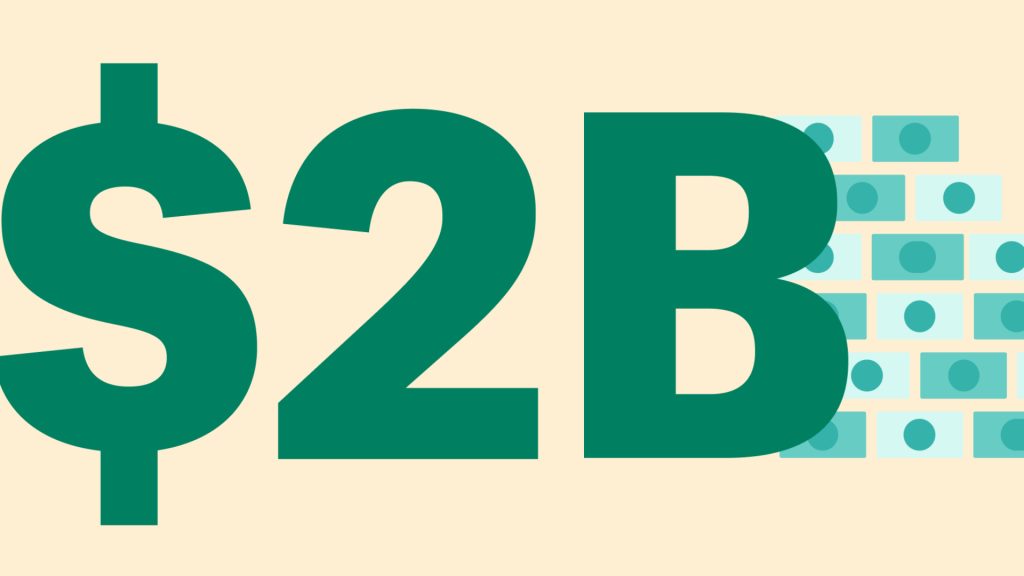
Though Kushner denied any conflict of interest, the timing and terms of the deal suggest the Saudis received preferential treatment due to Kushner’s prior position and relationship with Saudi Crown Prince Mohammed bin Salman.
A Quid Pro Quo Between Kushner and Crown Prince Mohammed
The sequence of events creates the appearance of a quid pro quo, with the Saudis providing capital to Kushner’s firm seemingly in exchange for the support and access Kushner afforded Crown Prince Mohammed during his time in government. While serving in the White House, Kushner developed a close relationship with the Saudi leader and defended him even after U.S. intelligence concluded the crown prince approved the 2018 killing of journalist Jamal Khashoggi.

The disproportionate investment and reversal of the initial recommendation by the screening panel suggest the Saudis hoped to gain influence over Kushner and curry favor with Trump, who may run for president again in 2024.
Kushner Dismisses Conflict of Interest Critiques
A spokesman for Affinity Partners said the firm “is proud to have the Public Investment Fund and other leading organizations that have careful screening criteria as investors.” Kushner called Saudi Arabia “one of the most prestigious investors in the world” and denied any conflict of interest, despite ethics experts arguing that such a deal could appear as a potential favor for past or future actions.
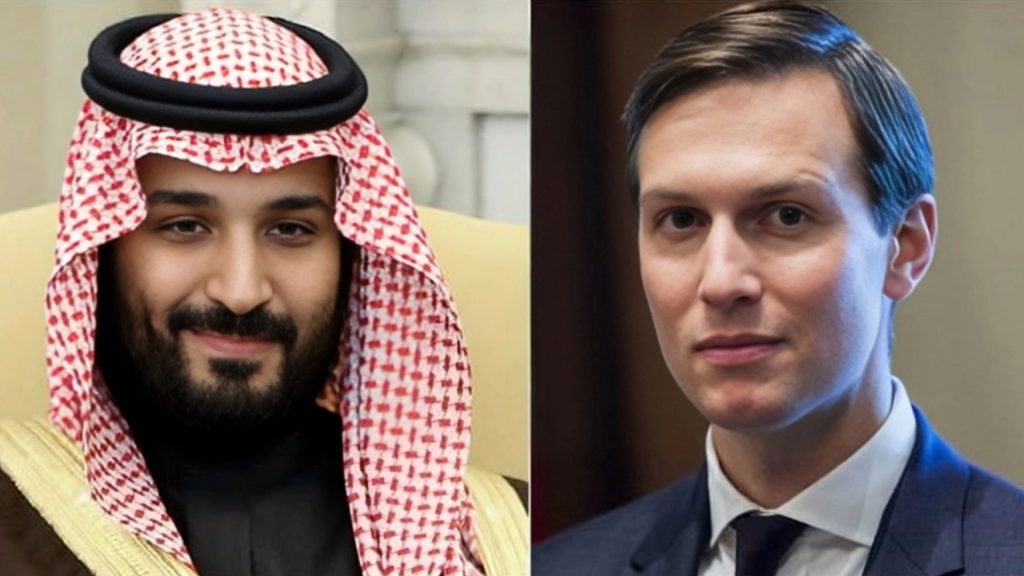
Kushner stated that he desired to focus on his private sector work and enjoyed being out of the public spotlight after years in the White House. However, his dismissal of concerns over the Saudi deal and defense of the crown prince indicates that his ties to Saudi Arabia did not end with his government role.
Are There Any Strings Attached?
The ethics of Kushner’s business dealings remain in question. While he defends accepting $2 billion from Saudi Arabia’s Public Investment Fund and denies any conflict of interest, others point to the timing and nature of the investment as problematic.

Kushner’s close ties to the Saudi leadership developed during his time in the White House give the appearance of a quid pro quo arrangement, regardless of his assertion that he knows Prince Mohammed to be a “visionary leader.” The full implications of these choices and what they say about Kushner’s integrity remain to be seen.

